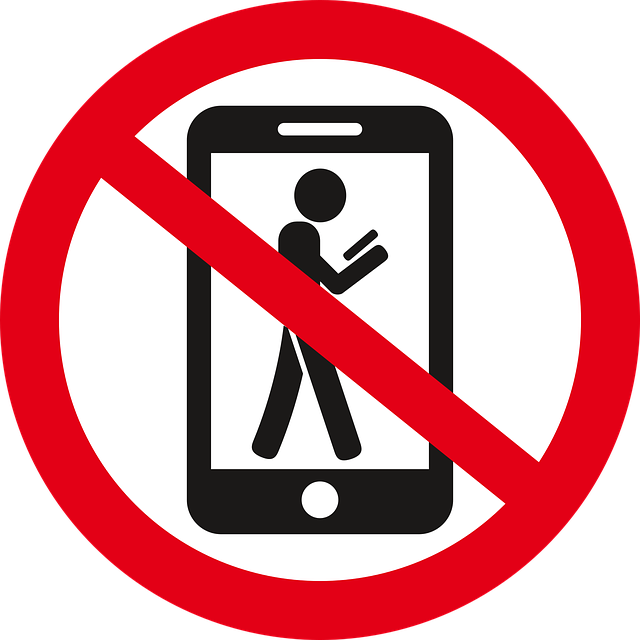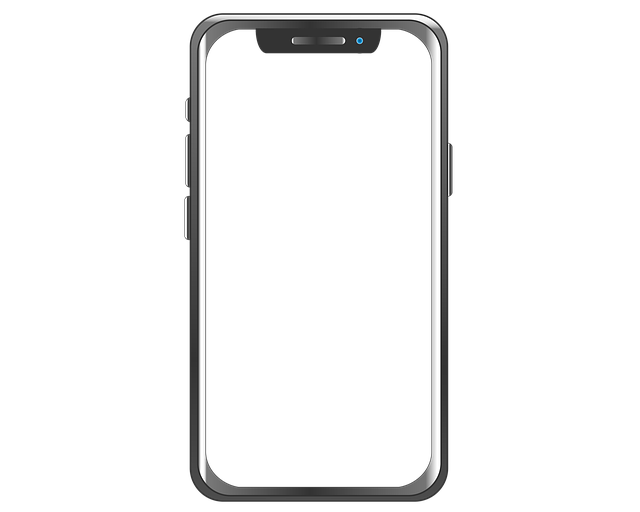Spam calls are a growing problem in West Virginia communities, but residents can protect themselves through various means. The Telemarketing and Consumer Protection Act (TCPA) offers legal protections, and West Virginians can take proactive steps like registering on the National Do Not Call Registry and using call-blocking apps. They can also seek guidance from specialized spam call lawyers and law firms in West Virginia to stop persistent or unlawful spam calls and recover damages. Local governments are addressing this issue through law enforcement, public education, and partnerships with legal experts to empower residents against intrusive phone calls.
Local governments in West Virginia play a crucial role in mitigating the surge of spam calls plaguing communities. These unwanted phone calls not only disrupt daily life but also pose significant legal and financial risks. This article explores effective strategies to combat spam calls, focusing on the legal framework within West Virginia. We delve into how local governments can educate citizens, collaborate with law firms specializing in TCPA (Telephone Consumer Protection Act) litigation, and implement measures to protect residents from these intrusive practices, ensuring a safer and more informed West Virginia.
Understanding Spam Calls and Their Impact on West Virginia Communities
Spam calls have become a pervasive issue in West Virginia communities, impacting residents’ daily lives and causing significant distress. These unwanted phone calls often promote fraudulent schemes, scams, or advertise products and services, violating individuals’ privacy and peace of mind. According to the Telemarketing and Consumer Protection Act (TCPA), also known as the Spam Call Law, citizens have rights against these intrusive practices.
In West Virginia, residents are increasingly turning to spam call lawyers and spam call law firms for assistance in navigating this complex issue. Understanding how to stop spam calls is crucial for maintaining a peaceful living environment. By staying informed about the TCPA and its provisions, West Virginians can protect themselves from these nuisance calls and take action against violators.
The Legal Framework: Spam Call Laws in West Virginia
In West Virginia, the fight against spam calls is largely guided by the Telephone Consumer Protection Act (TCPA), a federal law designed to safeguard consumers from unwanted phone marketing practices. This legislation sets strict rules for businesses and individuals making telemarketing calls, including restrictions on automated or prerecorded messages without prior express consent. West Virginia’s Attorney General’s Office actively enforces these laws, taking action against violators through fines and legal proceedings.
Consumers in West Virginia have several options to protect themselves from spam calls, involving both proactive measures and legal avenues. Proactively, individuals can register their phone numbers on the National Do Not Call Registry, opt-out of marketing lists, and install call-blocking apps. Should they encounter persistent or unlawful spam calls, a Spam Call law firm in West Virginia or experienced TCPA lawyers can offer guidance and representation, helping to resolve issues and potentially recover damages.
Strategies Local Governments Can Implement to Combat Spam Calls
Local governments in West Virginia play a pivotal role in combating the increasing issue of spam calls, which can significantly impact residents’ daily lives. One effective strategy is to enforce and promote awareness about existing anti-spam laws, such as the Telephone Consumer Protection Act (TCPA). By collaborating with local law firms specializing in TCPA cases, governments can ensure that violators are held accountable for their actions. These legal experts can guide citizens on their rights and options when dealing with spam calls.
Additionally, local authorities should encourage residents to report spam calls and provide easy-to-access reporting mechanisms. Educating the public about blocking numbers, silencing unknown callers, and being cautious of suspicious calls can also be effective preventive measures. Workshops or informational campaigns targeting different demographics could help spread these practices across West Virginia.
Educating Citizens: Empowering West Virginians Against Spam
In West Virginia, local governments play a pivotal role in empowering citizens to combat spam calls. Educating residents about their rights and tools available is a key step in the prevention process. Many West Virginians may not be aware of existing laws like the Telephone Consumer Protection Act (TCPA) that safeguard them from unsolicited phone marketing. Local authorities can organize workshops, webinars, and community events to raise awareness about how to identify spam calls and block them effectively. These educational initiatives empower citizens with practical knowledge on how to stop spam calls West Virginia.
Furthermore, local governments can partner with reputable spam call law firms West Virginia and spam call lawyers West Virginia to develop tailored programs. Such collaborations ensure that accurate information flows to the public, providing clear guidelines on reporting spam calls and seeking legal recourse when necessary. By arming citizens with both preventive measures and legal understanding, West Virginia communities can create a more robust defense against intrusive spam calls.
Collaborating with Law Firms: Enforcing TCPA Regulations in West Virginia
In the fight against spam calls, local governments in West Virginia play a crucial role, often collaborating with law firms specializing in telecommunications laws to enforce regulations effectively. The Telephone Consumer Protection Act (TCPA) is a federal law designed to protect consumers from unsolicited telephone marketing calls, including spam calls. Law firms in West Virginia that focus on TCPA litigation work closely with local governments to investigate and take action against businesses or individuals violating these rules. By joining forces, they can deter spam call activities and help residents of West Virginia enjoy a quieter, more peaceful communication environment.
These law firms employ strategies such as sending cease-and-desist letters, filing lawsuits, and negotiating settlements to stop spam calls at the source. They also educate businesses on compliance requirements, ensuring that companies respect consumer privacy and consent when making marketing calls. Through these collaborative efforts, West Virginia is taking significant steps towards mitigating the nuisance of spam calls, providing relief to residents who often find themselves on the receiving end of unwanted and intrusive phone communications.






